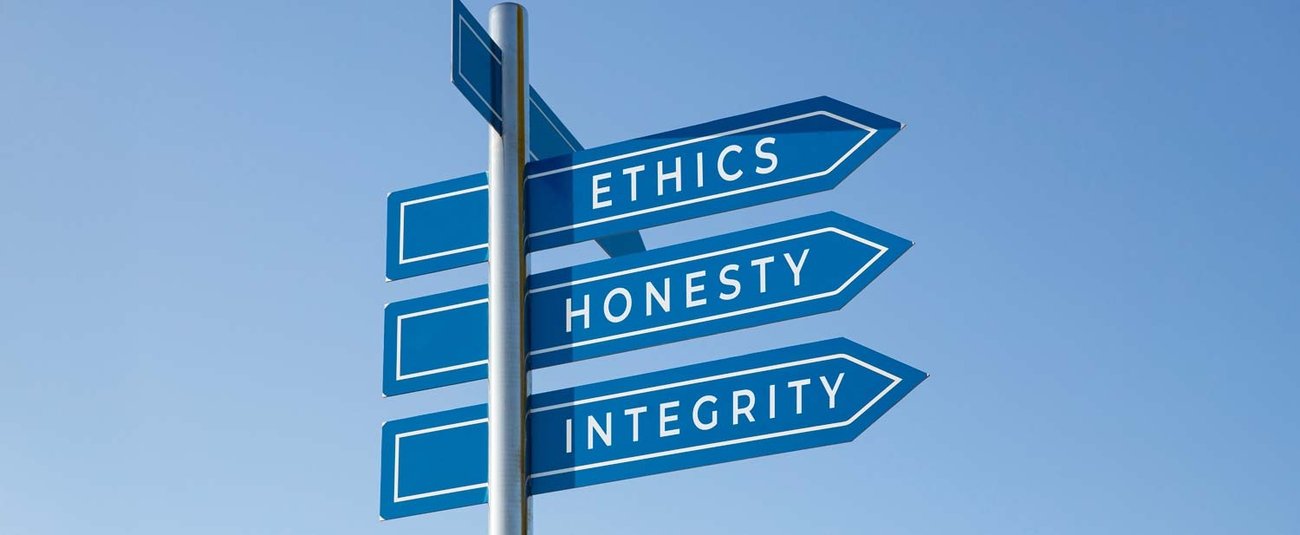2025 Annual Meetings: Eradicate corruption to make the most of Africa's capital

According to the United Nations Office on Drugs and Crime (UNODC), “Corruption is the main obstacle to economic and social development in the world. Every year, $1 trillion is paid in bribes, while an estimated $2.6 trillion, equivalent to more than five per cent of global GDP, is stolen.”
Corruption undermines Africa's prospects for growth and development, costing it around 25% of its GDP annually. Tackling this veritable scourge, which undermines governance, curbs investment, and increases inequality, is now one of the African Development Bank's top priorities.
Bearing in mind that the theme of the 2025 Annual Meetings will be “Making Africa's Capital Work Better for Africa's Development”, the fight against corruption appears to be an essential lever for unlocking this potential. As Akinwumi Adesina, President of the African Development Bank, has previously pointed out, “Corruption does not invest in the future, it kills the future.”
Multi-level strategic action
In keeping with its mandate, the African Development Bank is resolutely committed to bolstering transparency, integrity, and accountability within the continent. To this end, it is implementing a multidimensional approach based on several instruments.
These include the Ten-Year Strategy 2024-2033, which focuses on economic governance and the fight against corruption, and the 2025-2026 Action Plan for Anti-Money Laundering and Combating Illicit Financial Flows, the aim of which is to improve regulatory frameworks, the transparency of beneficial owners, and monitoring capacities. These tools will be reinforced by the 2025-2030 Anti-Corruption Action Plan – currently being developed – which will concentrate on strengthening oversight institutions, public procurement transparency, citizen mobilization and international cooperation.
Strengthening public governance
In its lending operations, the Bank incorporates rigorous governance and corruption risk assessment mechanisms. Through Country Policy and Institutional Assessments (CPIA) and Country Fiduciary Risk Assessments (CFRA), the Bank pinpoints vulnerabilities and supports countries in implementing targeted reforms.
As an example, in Côte d'Ivoire, the Bank has backed the adoption of a National Anti-Corruption Strategy and a review of the legal framework.
In South Sudan, meanwhile, it has devised capacity-building training sessions for the national anti-corruption agency. In Egypt, it has supported the strengthening of the investigative and oversight functions of the Administrative Control Agency.
Enhanced cooperation on asset recovery
The Bank is a key player in the implementation of the Common African Position on Asset Recovery (CAPAR). It also supports the African Asset Recovery Practitioners Forum, while cooperating closely with the African Union, UNODC and GIZ.
Its commitment extends to promoting the transparency of beneficial owners via the ABENOT network, thereby helping to curb illicit financial flows and strengthen the oversight capacities of governments.
Prevention, investigations and sanctions
Through its Office of Integrity and Anti-Corruption (PIAC), the Bank carries out independent investigations, applies sanctions and conducts integrity reviews on high-risk projects. In 2020, 155 entities were debarred under the Agreement for Mutual Enforcement of Debarment Decisions, to which the main multilateral banks are signatories.
The Bank also promotes inclusive and gender-sensitive governance, integrating women and marginalized groups into anti-corruption mechanisms. It enhances the role of civil society, journalists, and the private sector in public finance transparency and citizen oversight.

